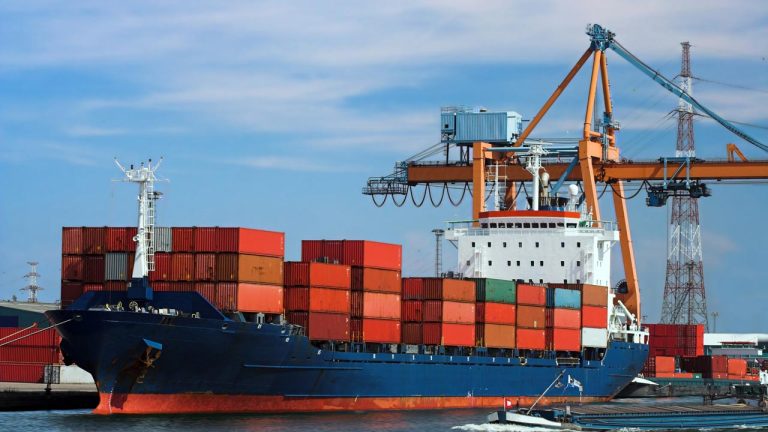The significant increase in truck haulage rates from Eastern seaports to various destinations across Nigeria has drawn sharp criticism from freight forwarders and shippers.
The Nigerian Shipper’s Council (NSC) recently approved a 140 per cent hike in rates, a move that has been described by stakeholders as excessively high and disconnected from the realities of trade and transportation costs.
This decision came after a series of discussions involving truck owners and other relevant parties.
The need for a rate review was underscored by the surging cost of AGO (Diesel oil), which has risen drastically from N300/litre in 2022 to between N1,500 and N1,700 currently.
Despite these consultations, the revised rates have not been well received. For instance, haulage rates to Asaba, Abakilili, Calabar and Benin have doubled, with similar increases applied across other destinations.
The haulage rate for import to Asaba was adjusted from N550,000 to N1 million, while export was from N600,000 to N1.2 million. For Abakiliki the import haulage rate was increased from N 650,000 to N1.2 million, and exports rose from N700,000 to N1.4 million.
Import haulage rate to Benin was increased from N 600,000 to N1.2 million, while export rose from N650,000 to N1.4 million. For Calabar import haulage rate rose from N 600,000 to N1 million, while export was from N650,000 to N1.2 million.
These adjustments have brought the haulage cost to unprecedented levels, adding considerable strain to the shipping and freight forwarding sectors.
The National President of the Africa Association of Professional Freight Forwarders and Logistics of Nigeria (APFFLON), Frank Ogunojemite, voiced strong opposition to the 140 per cent new rates hike.
He argued that these rates are not only unrealistic but also detrimental to the business environment, particularly at a time when the country is striving to enhance its Ease of Doing Business rankings.
Ogunojemite called for a reassessment of the rates to better reflect the economic conditions and operational realities facing the industry today.
He emphasised the importance of adopting policies that are considerate of the people’s hardships, especially in these challenging times.
The President General of the National Shippers Association of Nigeria (NASAN), Innocent Akuvue, highlighted the exclusion of key stakeholders, such as the shippers, from the decision-making process.
He stressed that for any policy to be successful and accepted, it must involve all parties affected by its implementation.
Akuvue said the outcry against the haulage rate increase underscores a broader concern within the maritime industry regarding policy formulation and stakeholder engagement.
He called for a more inclusive approach to decision-making that considers the input and circumstances of all involved parties, to foster a more conducive business environment and support the overall growth of the nation’s economy.
